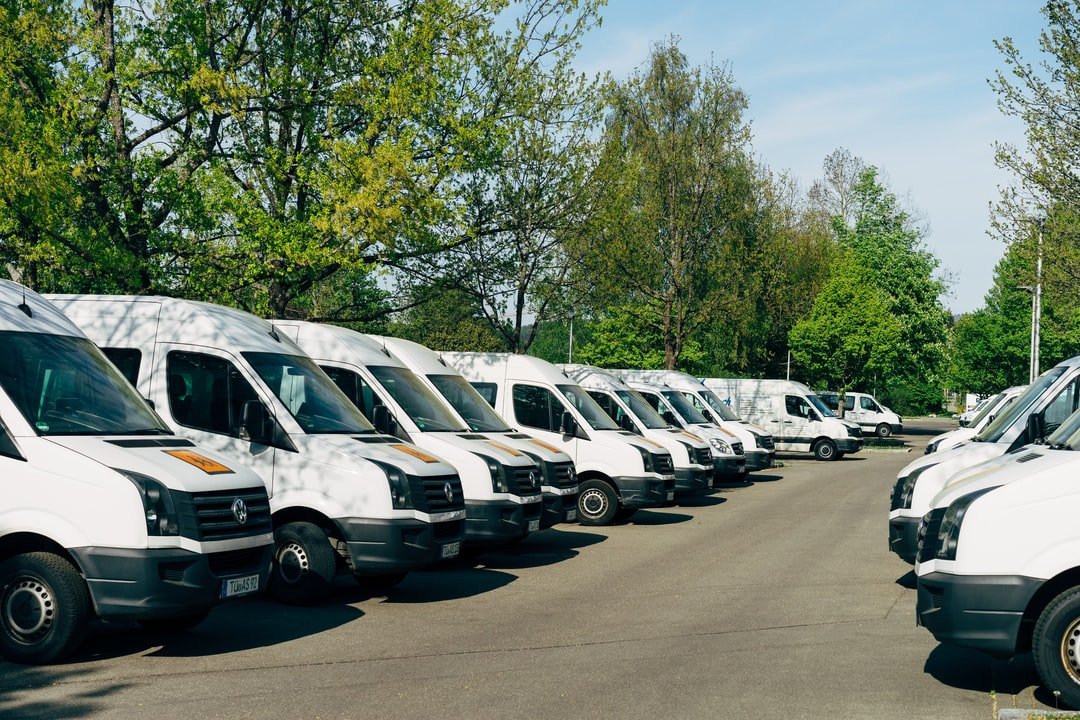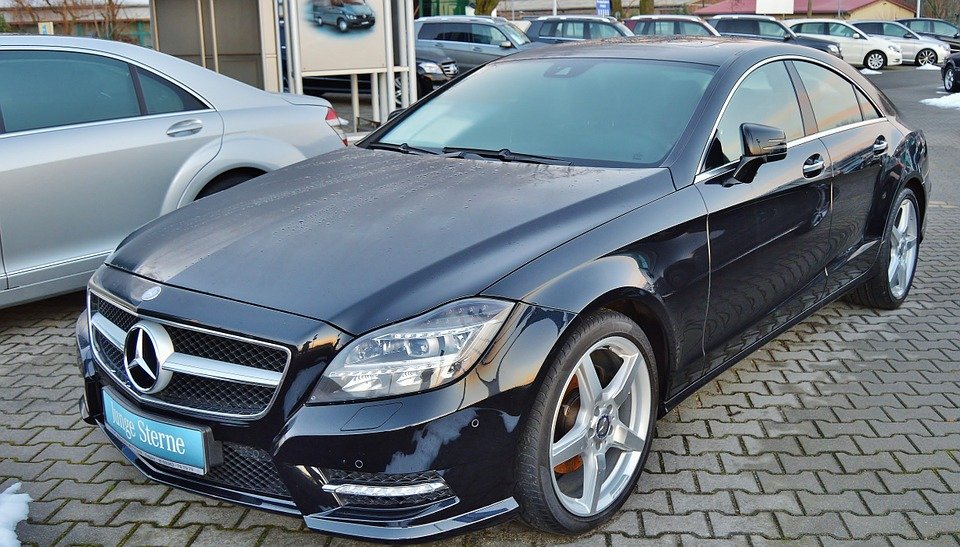
A car dealership, also called car local or auto dealer, is a privately owned business that normally sells used or new cars in the local retail market, according to a dealer contract with an auto maker or its authorized sales distributor. It may also carry various types of Certified Pre Owned cars. It employs auto dealers to sell their own automotive cars. The term "dealership" is often used to describe any type of privately owned car dealership including traditional brick and mortar stores, temporary car lots, used car dealerships, and Internet websites that sell new and used cars. Read more about car dealership on this page.
There are two main types of car dealership lingo used by car buyers. One is the Dealer Showroom which uses terms such as "the dealership," "Carfax," "New/ Used," "Selling/Warranty" and other sales lingo to describe its business. Another type of car dealership lingo is "certified" or "rebuilt" vehicles. Both types of dealership lingo can be confusing for car buyers. When buying a car from a private sale, many buyers do not realize that the car has been "certified" or "rebuilt." In fact, neither the word "certified" nor the word "rebuilt" is legally defined as used in the United States or Canada, even though these terms are commonly used by private sellers when describing their cars.
Some dealers and private sellers may use customer references in advertising and marketing their new and used cars.
However, these references should only be used as a guide, or as a way of encouraging a customer to purchase the automobile. For example, when a customer reference refers to a particular make and model of a car, it does not mean that the vehicle was ever tested or owned by a particular customer. A car dealership's customer reference should only include information regarding the specific make and model of the car, the years of manufacturing and service history, and the general durability of the automobile. A customer reference should not include personal information about the car buyer, such as his name or address. If the dealer uses personal information without discretion, he could violate federal and state consumer protection laws and be held liable for negligent misrepresentation of the car's condition.
A car dealership term used to describe a customer that is a general manager has a different meaning than a car salesman. A general manager is an individual who makes major decisions on behalf of the company. General managers can take the place of a president, but they report directly to a larger-up individual, usually the owner or a vice president. The term general manager might also be used to describe a person who makes important decisions without involving other people at all.
Slang used to describe a car dealership service center is "champeler." This term originates from the practice of replacing car parts on a regular and usually short-term basis. In some instances, champs might replace entire assemblies if they feel it would improve the customer experience or the product's performance. The parts could then be resold under the name of "champeler" to someone who might not have a dealership connection or a great deal of experience in installing auto parts. An example of a champeler making an error might be installing too large a part or failing to install the correct part size. This problem could cause the car to perform poorly or even break down completely. Visit this website for more details about car dealers: www.royal-buick-gmc.com.
The final car dealership term used to describe a customer that attends a sales event is "deal killer." This term originates from a Ford advertising campaign that was aired during Super Bowl I. The ad featured a man who calmly walked up to a customer, raised his eyebrows, and said, "This isn't a toy." Following this comment, the man walked away, ignoring the customer. The ad implied that because the customer did not want the car, he would never buy it or take a test drive. It's good to click on this site to learn more about the topic: https://en.wikipedia.org/wiki/Car_dealership.


